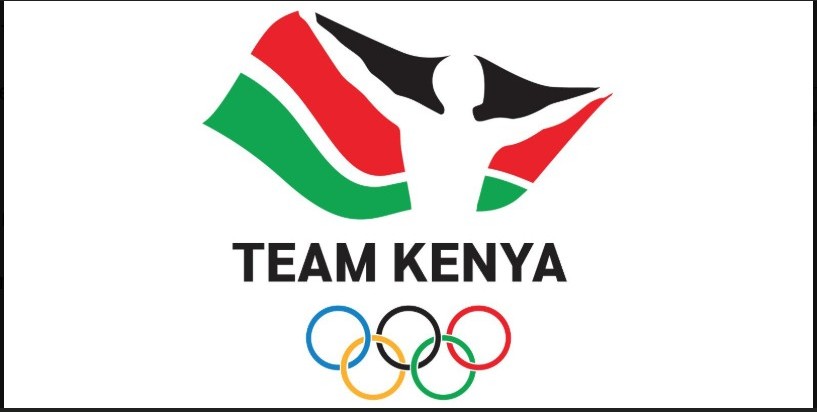Google introduces AI-powered age verification

The AI uses behavioural signals, such as browsing habits and account activity, to estimate if a user is under 18.
Google has unveiled a new artificial intelligence system designed to verify users’ ages more accurately and restrict underage access to certain content.
While this technology is currently rolling out in select countries, it signals significant changes ahead for internet users worldwide, including Kenya.
More To Read
- Google tests dual-band hotspot for Android phones
- Google tightens free access to Gemini 3 Pro amid surging demand
- Rights experts sound alarm on AI’s potential to target activists, undermine electoral integrity
- Android users can now share files via Apple’s AirDrop
- UN calls for legal safeguards for AI in healthcare
- Google unveils Gemini 3, its most ambitious all-in-one digital assistant yet
The AI uses behavioural signals, such as browsing habits and account activity, to estimate if a user is under 18.
Accounts flagged as minors will face restrictions on viewing age-sensitive content, personalised advertising, and other platform features.
Users will also be asked to verify their age by submitting government-issued IDs, selfies, or credit card details if flagged incorrectly.
The move comes after Australia recently took the unprecedented step of banning several social media platforms, including Google’s YouTube and Meta’s Facebook and Instagram, among other social media platforms like Snapchat and X, for those aged 16 years and below, over disputes related to content regulation and data privacy.
The Communications Authority of Kenya (CA) has recently proposed regulations requiring social media users to authenticate their identity with national ID numbers, but it has yet to come into effect.
Other Topics To Read
Top Stories Today














































